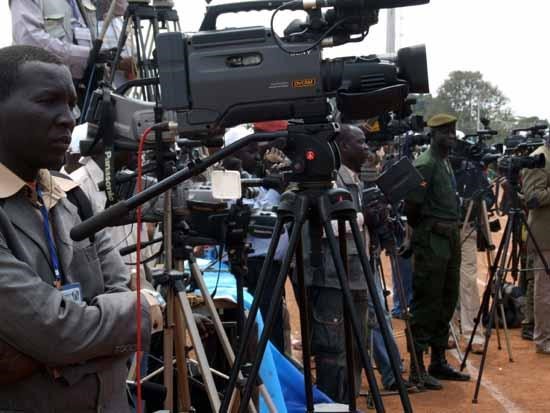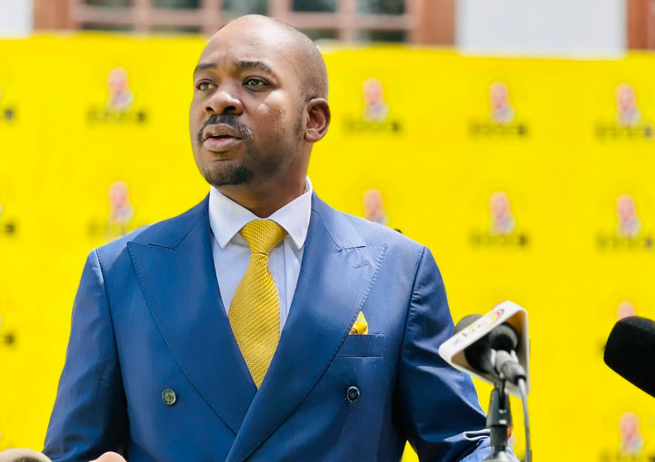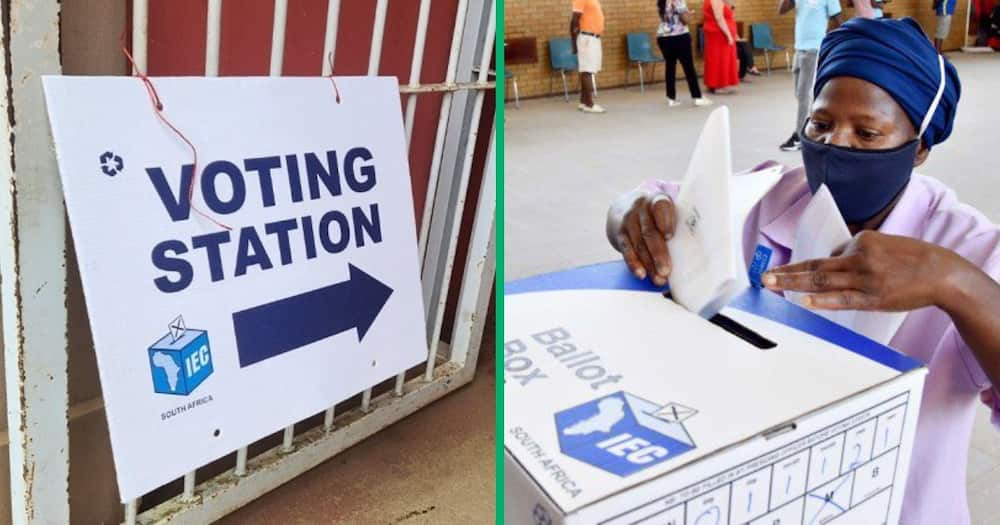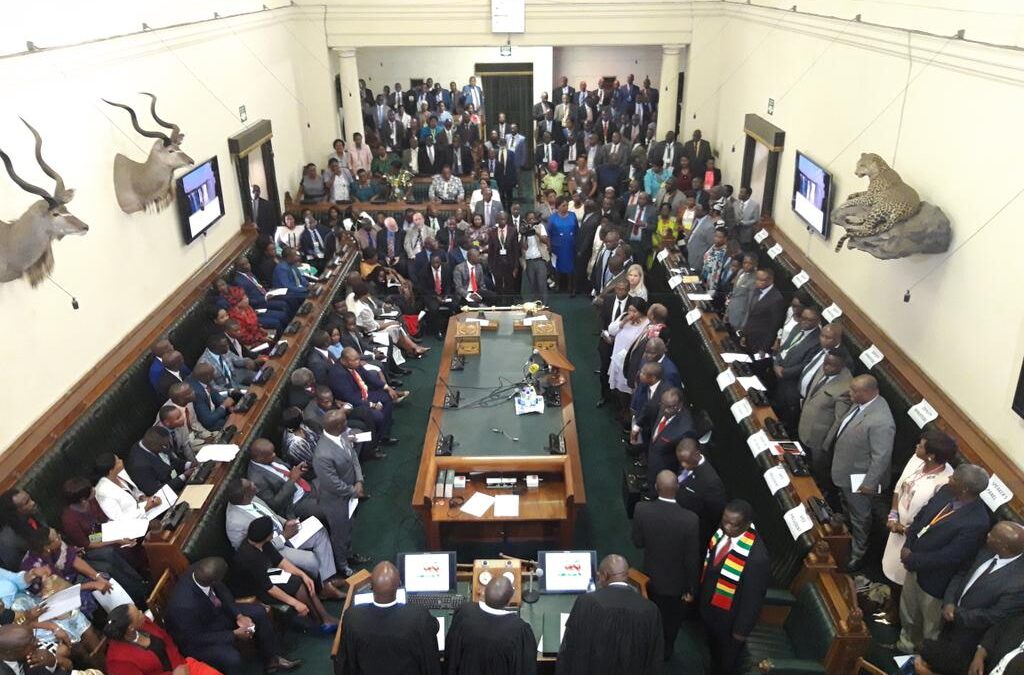Whitney Mabiya.
According to a recent report from the UN commission on human rights in South Sudan, the country is repressing journalists and rights activist according to investigations supported the 57-page study report, which was, detailed around through intimidation, surveillance, and data collection. The commission also issued a warning that the crackdown on freedoms could make it more difficult for the nation to hold credible elections in 2024.
On Thursday, the commission claimed in a published report that its own unbiased 100 state-sponsored violations of people’s rights, including sexual assault against female journalists and other forms of harassment, intimidation, and violence.
“The state is attacking journalists, activists and even ordinary citizens – anybody who dares to discuss issues that the authorities may deem either sensitive or critical of their positions,” said the commissioner Barney Afako. “[This] treatment severely undermines the prospects for peace and democratisation in South Sudan.”
The intrusive monitoring and meddling of media and civil society activity by the nation’s National Security Service including requests for full information on any meetings and workshops organized by these groups and lists of participants, are inclusive in the report.
In newsrooms around the nation, where they monitor and censor information critical of the government, security personnel were frequently present at such sessions, the report found. Independent media organizations, according to the panel, were not free from cyberattacks and website blocking occurrences.
The opposition leaders also claimed that permission was required in order to hold public gatherings, it was added. Requests for comment were not promptly answered by the spokesperson for the government of South Sudan. “The intention and effect of these attacks is to block access to critical information and to stifle public debate and discussion,” said Afako.
The first election in South Sudan since it fought for independence from Sudan in 2011 is scheduled for December 2024. The South Sudanese had high expectations for their new state, but it descended into a protracted civil war fought along ethnic lines between factions loyal to Salva Kiir, the president of the nation, and Riek Machar, the head of the opposition. The leaders signed a peace accord in 2018 that stopped hostilities, but the peace remains fragile, and key reforms outlined in the agreement, such as proposals for an independent judiciary and a new constitution, have stagnated.
According to activists, the narrowing civic space is worrying, and they frequently fear for their lives and security. “Anyone who speaks out loud enough risks being tortured or killed.” “These are not new cases to us,” said Paul Deng*, an exiled activist.
The panel urged the South Sudanese government to tighten control over its security forces and to stop harassing journalists, human rights advocates, and community organizations.
It warned in its report that it was urgent to take action on the peace agreement, including judicial reform and constitution-making, and that :“Holding elections without addressing security concerns, creating an enabling environment, and completing the technical arrangements risks compounding grievances and fuelling further violence.”





0 Comments